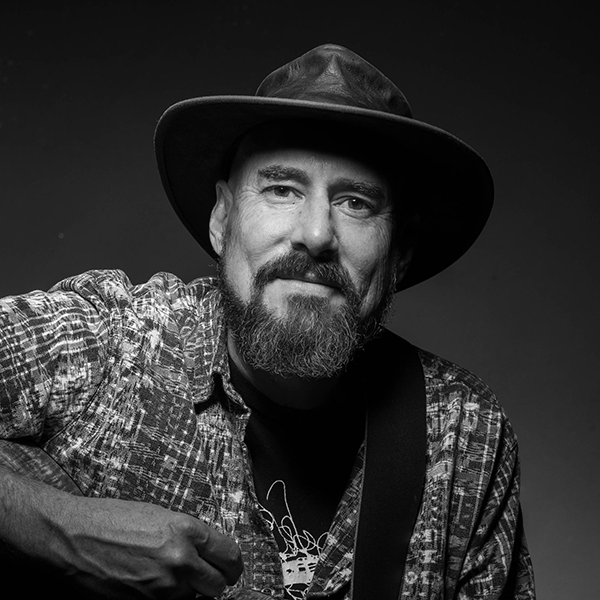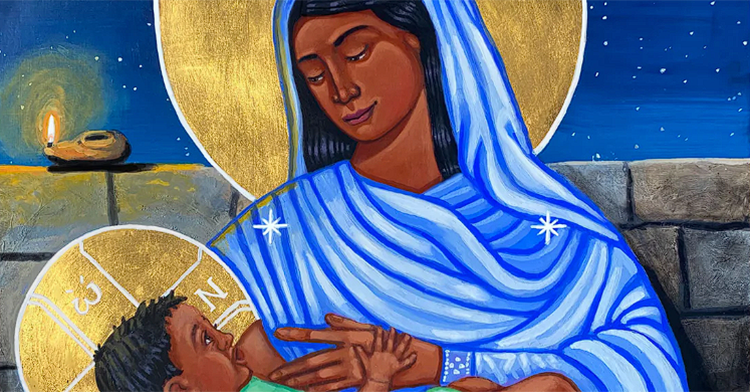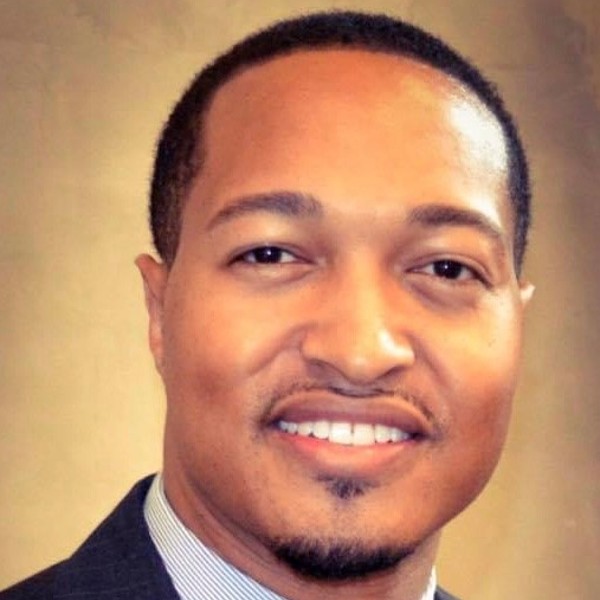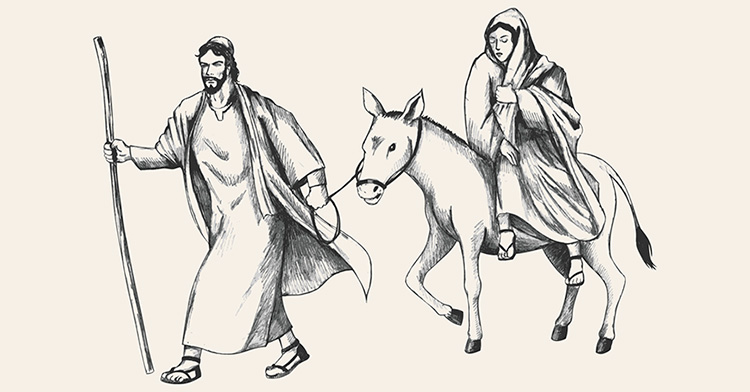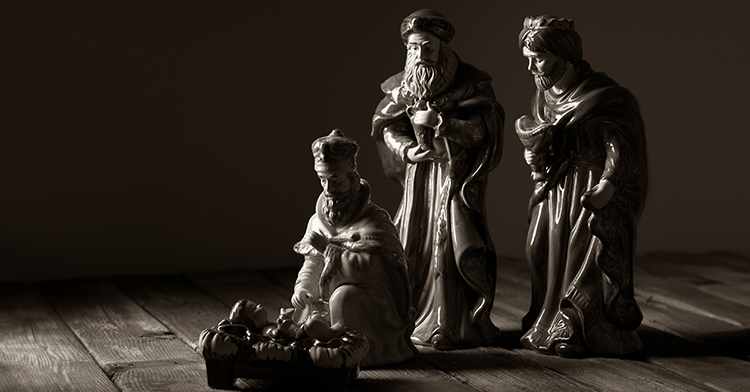I love my work as a university chaplain. Few other vocations offer the opportunity to embrace church, kingdom and academy at once, and I’m grateful for the chance to serve in such a vibrant vineyard.
The setting can be pastorally challenging this time of year, though. My ordained friends who serve in settings other than the local church say they share this experience as well. The Advent and Christmas season is vocationally bewildering for clergy who lack a year-round congregational ministry.
The first eight years of my ministry were either in a local church or in a university chapel with a congregation that worshipped every Sunday. During those years, I loved the sacred energy of Advent and Christmas.
As the season unfolded, my preaching grew in urgency and my prayers grew in thanksgiving. The music and liturgy swelled as the days became shorter and the candles burned brighter. The rigorous pastoral life that could diminish my soul during the heat of summer issued in confidence as the days became colder.
The rhythm is different here at the University of Richmond. Cannon Chapel fills for two evening services of lessons and carols on the first Sunday of December. The worship is a wonder to receive -- a glorious setting, a large and classically trained collegiate choir, exquisite musicians and gifted readers.
Tears flow when we raise our candles in the dark to sing “Silent Night.” I offer the benediction, and my Christmas ministry is finished. Full stop. Students trudge directly from the chapel to the library. Exams start the next day. Within a week, the students go home and the campus is quiet. December has only just begun.
Thus the vocational challenge: What does the pastor without a congregational ministry home do within this sacred season?
For the first few years, I slouched into a mild December melancholy, feeling like an artist with nothing to paint. I’d wake on a Sunday in Advent with a preacher’s nervous stomach and then remember I would not be leading worship. My flock had gone away to homes across the world. Christmas for them would be in their home churches, as it should be.
Meanwhile, I’d shuffle into a pew someplace, listen to one pastor or another proclaim the good news of Christ’s coming, pray piously, sing lustily and wonder why I felt so hollow inside.
After wrestling with the annual December emptiness for a few years, I gradually began to hear the familiar story in a different way. The holy family did not fit in either. Leaving Nazareth, they were without a home or a synagogue, without friends or family. They were pilgrims on a journey.
When I heard the Christmas drama as a story of pilgrimage and social dislocation, I began to think about my vocational disorientation differently. What if I could receive my feelings of melancholy and displacement as a form of spiritual pilgrimage? What if, rather than leading others toward holiness, my calling at Christmas was to deepen my own spiritual life?
What if the yearning in my soul was less about a pulpit and professional ministry and more about my own desire for God, less about public proclamation and more about private prayer, less about disorientation and more about discipleship, less about gifts to be given to others and more about the hidden gifts God may be giving to me?
I slowly came to realize that welcoming my vocational vertigo was a path to deepen my personal holiness and an avenue to strengthen my ministry. The Christmas story of pilgrimage, the pilgrimage God makes from heaven to earth in Jesus to make his home with us so that we might be made at home with God, and the pilgrimage the holy family makes from Nazareth to Bethlehem, and from Bethlehem to Egypt, offers rich emotional and theological imagery for ministry throughout the year.
Pastoral work on a college campus is about learning to shepherd a parade of pilgrims. Students come from somewhere and are going to somewhere. The campus is but a layover, a blip -- exceedingly influential, but still a blip -- in the trajectory of their lives.
On the frenetic journey of their emerging adulthood, many are struggling with their conception of themselves and of God, with their faith, with the meaning of home.
These anxieties unearth big questions: Will I ever find my place in the world? Will I find someone to spend my life with? Will I discover a purpose worthy of my deepest beliefs and passions? What are my deepest beliefs and passions? Do I have a home? If I run off to a far country, will I find my way back? And so forth.
A significant part of ministry on a college campus is helping students learn to welcome the pilgrim way, to grow in grace and trust in the Spirit’s work, and to trust themselves enough to receive an unknown future as a place of God’s abundance rather than scarcity. Much of my job is helping them understand that the fragmentation they feel during their young adult years is something everyone experiences -- and is a means of learning to live by grace alone.
I often say, “Maybe your sense of disorientation and spiritual emptiness is actually a hidden gift. Perhaps that’s precisely the place where the pilgrim Jesus is at work in you, and thus where you might find your peace in God.” My students are often comforted and surprised by this insight. “How do you know?” they ask.
“I learn that lesson every year at Christmas,” I say.



